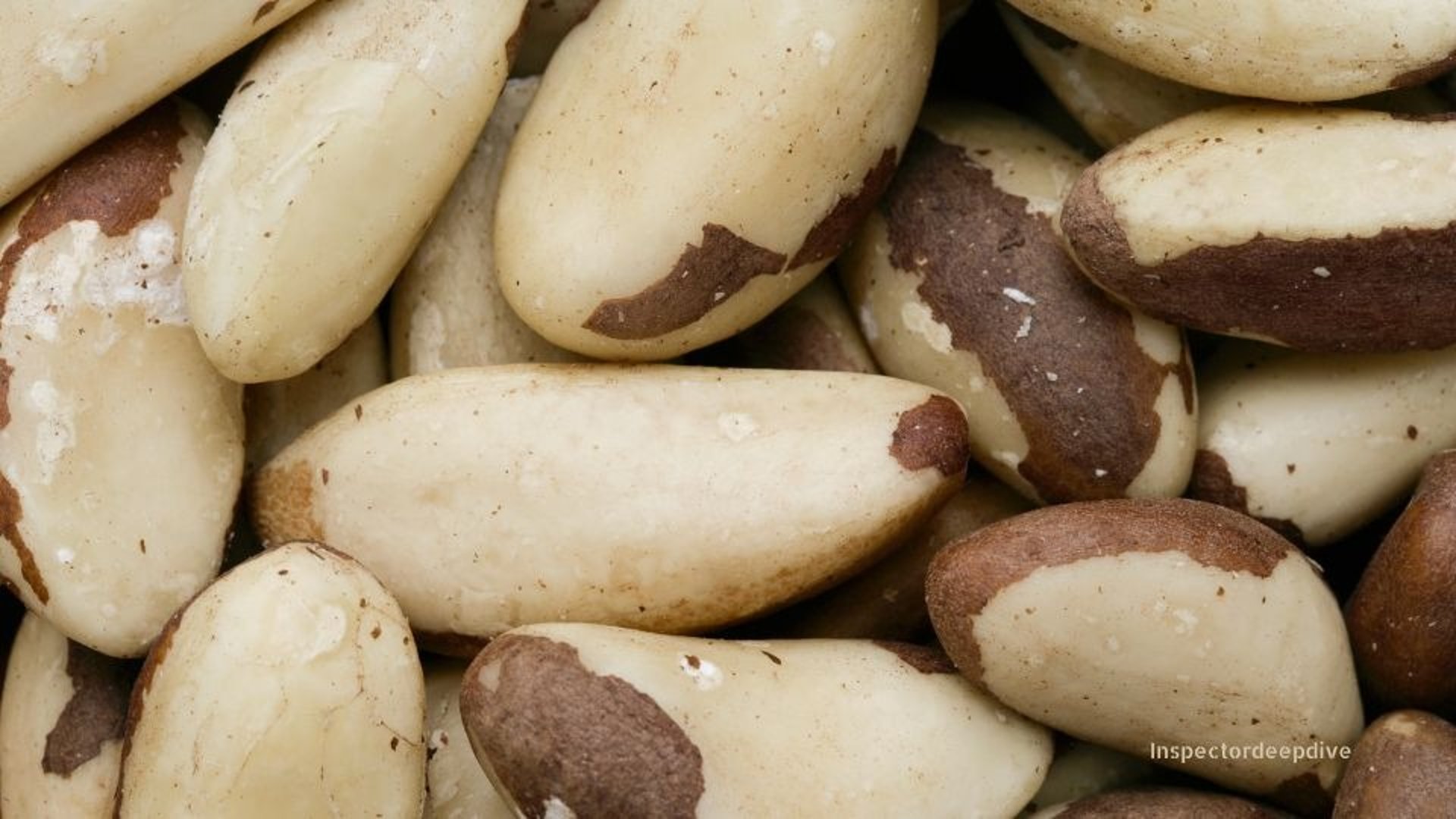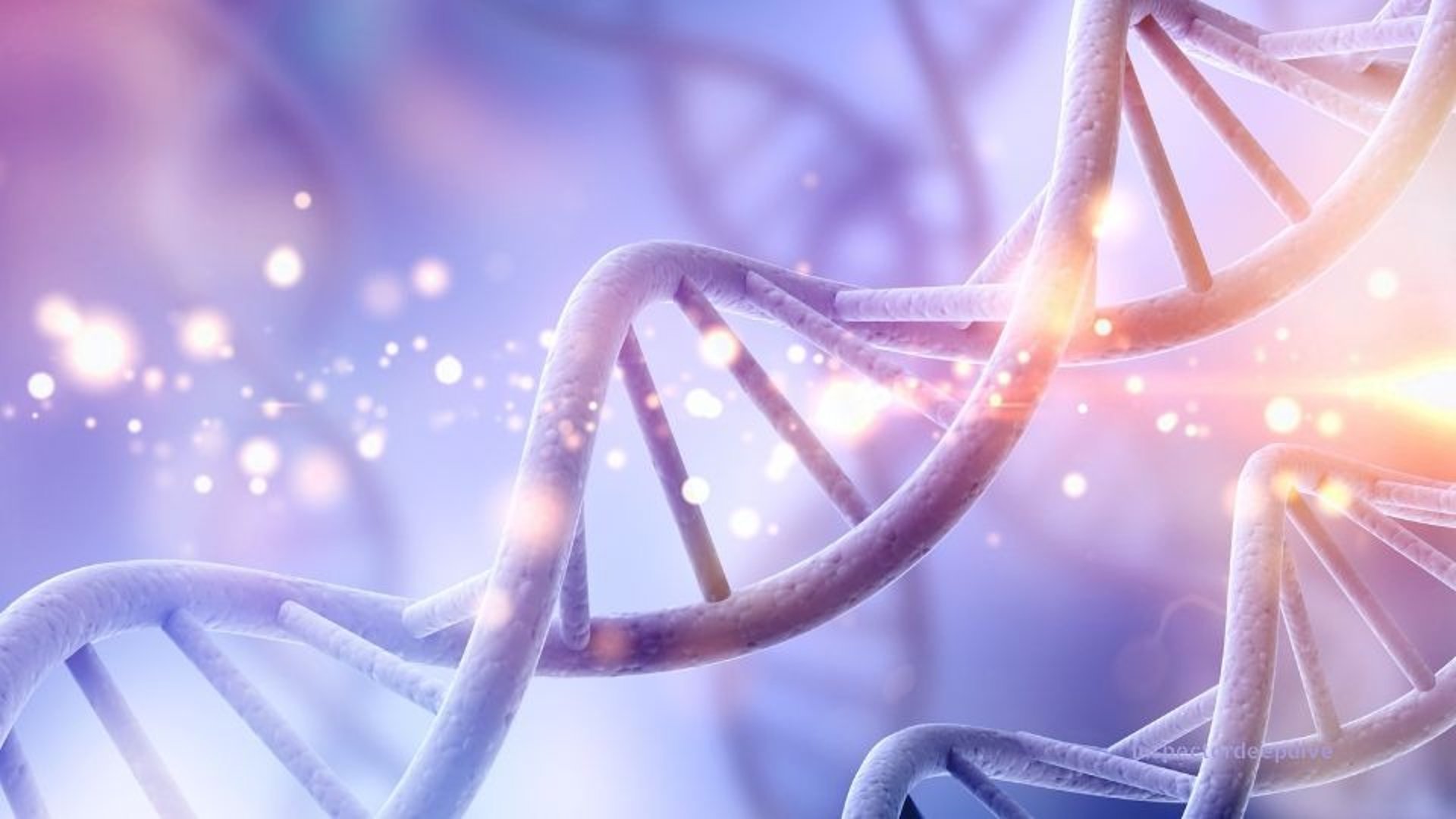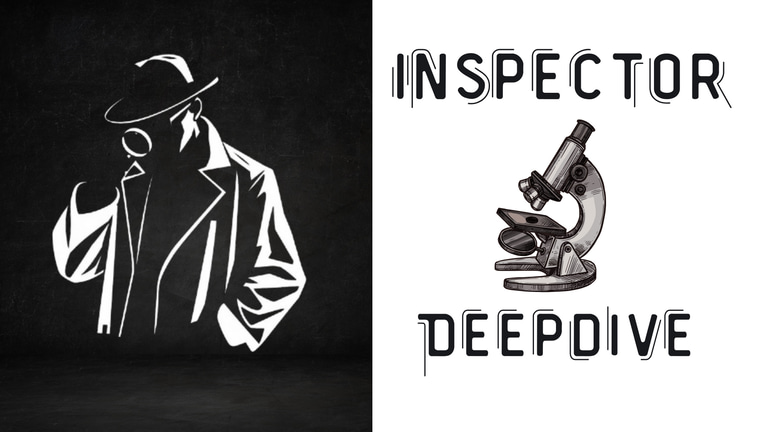
Selenium: Acts as an antioxidant protecting cells from oxidative damage.

Selenium: Acts as an antioxidant protecting cells from oxidative damage.
What Is Selenium?
Selenium is a trace mineral essential for human health. It is required in small amounts and plays a role in several biological processes, including antioxidant defense, thyroid hormone metabolism, and immune function.
What Does Selenium Do to the Body?
Selenium supports multiple systems through its role in selenoproteins, which are enzymes containing selenium at their active site. These proteins help regulate oxidative stress and inflammation.
Antioxidant protection: Selenoproteins such as glutathione peroxidase help neutralize harmful free radicals.
Thyroid function: Selenium is involved in the conversion of thyroxine (T4) to the more active triiodothyronine (T3).
Immune support: Adequate selenium status supports normal immune cell activity and response to infection.
DNA synthesis and repair: Some selenoproteins are involved in maintaining genetic stability.
How Is Selenium Absorbed?
Selenium is absorbed primarily in the small intestine. The form of selenium and other dietary components influence how well it is taken up
Organic forms (e.g., selenomethionine): Found in plant and animal foods; generally well absorbed.
Inorganic forms (e.g., selenate, selenite): Found in supplements and some fortified foods; also absorbed but may have lower retention.
Gut health: Normal digestive function supports consistent absorption.
Food matrix: Selenium from whole foods may be absorbed differently than from isolated forms.
Great Food Sources of Selenium
Selenium content in food depends on the soil where plants are grown or animals are raised. Levels vary significantly by region.
Brazil nuts: One nut can provide more than the daily requirement; highly variable by origin.
Seafood: Tuna, sardines, salmon, and shrimp are rich sources.
Organ meats: Liver and kidney contain high levels.
Meats: Beef, pork, and poultry provide moderate amounts.
Eggs: One large egg contains a useful amount.
Grains and cereals: Whole wheat, brown rice, and oats contribute depending on soil.
Dairy: Milk, yogurt, and cheese offer small to moderate amounts.
Seeds: Sunflower and chia seeds contain selenium.
How Much Selenium Do You Need?
Daily needs vary by age, sex, and life stage.
Recommended amounts:
Adults: 55 micrograms per day.
Pregnant individuals: 60 micrograms per day.
Lactating individuals: 70 micrograms per day.
Upper Limit (UL): 400 micrograms per day from all sources.
Exceeding the UL regularly may lead to adverse effects.
Signs You’re Getting Enough Selenium
When selenium intake is sufficient, the body functions normally in related systems.
Indicators may include:
Normal thyroid hormone levels.
Stable energy and metabolism.
Healthy immune responses.
No signs of deficiency such as muscle weakness or fatigue.
Blood selenium levels within normal reference ranges (measured clinically).
Signs of Selenium Deficiency
Deficiency is rare in most developed countries but can occur in areas with low soil selenium.
Possible signs:
Muscle weakness or pain.
Fatigue and low energy.
Hair loss.
Weakened immune function.
Cognitive difficulties.
Thyroid imbalances, especially in combination with iodine deficiency.
How Long to Fix a Deficiency?
Recovery time depends on severity and method of correction.
General observations:
Mild deficiency may improve within weeks with dietary changes or supplementation.
Blood levels often rise within 10 to 14 days of consistent intake.
Full restoration of selenoprotein activity may take several weeks.
Ongoing intake is needed to maintain levels.
Supplements: What You Should Know
Selenium supplements are available in various forms.
Key points:
Common types: Selenomethionine, selenite, selenate, and high-selenium yeast.
Dosing: Most supplements provide 50 to 200 mcg per dose.
Use cases: May be used in medically supervised settings or where dietary intake is low.
Absorption: Organic forms like selenomethionine may have better retention.
Label check: Total selenium content is listed on supplement facts.
Risks of Too Much Selenium
Excessive intake can lead to toxicity, known as selenosis.
Potential effects:
Garlic breath odor.
Hair and nail changes, including brittleness or loss.
Gastrointestinal upset.
Skin rashes.
Nervous system abnormalities.
In severe cases, liver and kidney issues.
Do not exceed 400 mcg per day from all sources.
Who May Benefit Most from Supplements?
Supplements are not needed by most people but may help specific groups.
Possible candidates:
Individuals with low dietary intake due to restricted diets.
People living in regions with very low soil selenium.
Those with malabsorption conditions.
Patients under medical supervision for documented deficiency.
Some older adults with poor intake or absorption.
Medication Interactions
Selenium may interact with certain medications.
Known or potential interactions:
Statins: Limited evidence suggests possible reduced effectiveness.
Anticoagulants: Theoretical interaction due to antioxidant effects; clinical significance unclear.
Chemotherapy drugs: Selenium may interfere with some agents; use only under medical guidance.
Thyroid medications: Selenium may support thyroid health but should not replace prescribed treatment.
Consult a healthcare provider before combining with medications.
Lifestyle Factors Affecting Selenium Absorption
Several habits and conditions influence how selenium is absorbed and used.
Gut health: Conditions like Crohn’s or celiac disease may reduce absorption.
Alcohol use: Chronic high intake may impair selenium status.
Smoking: May increase oxidative stress, raising functional demand.
Vegetarian or vegan diets: May have lower intake depending on food sources and region.
Seasonal & Lifestyle Variations
Selenium intake can vary with diet and environment.
Diet shifts: Seasonal changes in food availability may affect intake.
Geographic moves: Moving to a low-selenium region may reduce dietary supply.
Lifestyle changes: Shifts to plant-based diets or elimination of animal products may lower intake if not managed.
Cooking & Storage Effects
Selenium is relatively stable but can be affected by processing.
General effects:
Cooking: Minimal loss during boiling, baking, or frying.
Storage: Stable in dry, cool conditions; long shelf life in grains and nuts.
Processing: Milling grains may reduce selenium content slightly.
Common Myths About Selenium
Misconceptions persist despite scientific evidence.
Myths and clarifications:
Myth: More selenium always boosts immunity.
Fact: Excess selenium can impair immune function.Myth: All Brazil nuts have the same selenium.
Fact: Levels vary widely by soil and harvest location.Myth: Selenium prevents cancer in everyone.
Fact: Evidence is inconsistent; no general preventive recommendation.Myth: Supplements are safe at any dose.
Fact: High doses can be toxic; stay under 400 mcg/day.
Fun Facts
Brazil nuts are one of the most concentrated natural sources of selenium.
Selenium was discovered in 1817 by Swedish chemist Jöns Jacob Berzelius.
The name comes from "Selene," the Greek goddess of the moon.
Some soils in the U.S. and China are very high in selenium; others are very low.
Selenium is used in some glass and electronic manufacturing.
Environmental & Sustainable Sources
Selenium occurs naturally but can be concentrated through human activity.
Sustainability notes:
Soil conservation: Maintaining healthy soils supports stable selenium levels in crops.
Byproduct recovery: Some selenium is recovered from copper refining.
Plant-based sources: Crops grown in selenium-rich soils offer a renewable supply.
Low-impact farming: Organic and regenerative practices may support mineral retention.
Special Groups & Unique Needs
Certain populations have different selenium considerations.
Pregnant and lactating individuals: Higher needs to support fetal and infant development.
Infants and children: Require adequate selenium for growth and immune function.
Older adults: May have reduced intake or absorption.
People with digestive disorders: May need monitoring or support.
Vegans in low-selenium regions: May benefit from careful food selection.
How to Track Your Selenium Intake
Tracking can help ensure adequacy without excess.
Methods:
Food logging: Record daily intake of selenium-rich foods.
Nutrient apps: Some tools estimate selenium based on food entries.
Awareness of Brazil nut intake: One or two nuts can meet daily needs; track frequency.
Clinical testing: Blood or plasma selenium levels can be measured if needed.
Scientific Breakthroughs for Selenium (as of 2025)
Recent research has expanded understanding of selenium’s roles.
Advances:
New selenoproteins: Discovery of previously unknown selenoproteins with roles in cellular protection.
Gut microbiome link: Evidence that gut bacteria influence selenium metabolism and availability.
Improved biomarkers: Development of more sensitive tests for selenium status beyond blood levels.
Gene-nutrient interactions: Research shows genetic differences affect how individuals use selenium.
Sustainable production: Methods to enrich crops with selenium in a controlled, eco-friendly way.
Targeted delivery: Early-stage research on selenium nanoparticles for specific tissue support.
Summary
Selenium is a trace mineral needed in small amounts for antioxidant defense, thyroid function, and immune health. The RDA is 55 mcg/day for adults, 60 mcg/day during pregnancy, and 70 mcg/day when lactating, with an upper limit of 400 mcg/day. Brazil nuts are a potent source, but intake should be limited due to high variability. Deficiency is rare but possible in low-intake regions. Excess can cause toxicity. Supplements may help specific groups but are not needed by most. Selenium status is influenced by diet, gut health, medications, and lifestyle. Recent science explores gene interactions, microbiome effects, and sustainable sourcing. A balanced diet typically provides enough selenium without risk of overconsumption.
info@inspectordeepdive.com
© 2025 food.InspectorDeepDive.com. All rights reserved. Content may not be copied or republished without permission.
This article is for informational purposes only. InspectorDeepDive.com does not provide medical advice. Always consult a licensed healthcare provider before making dietary or health decisions.
